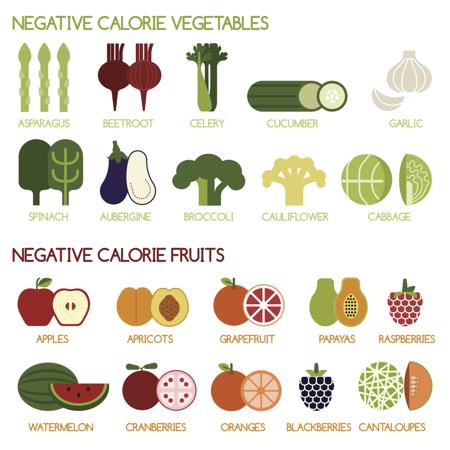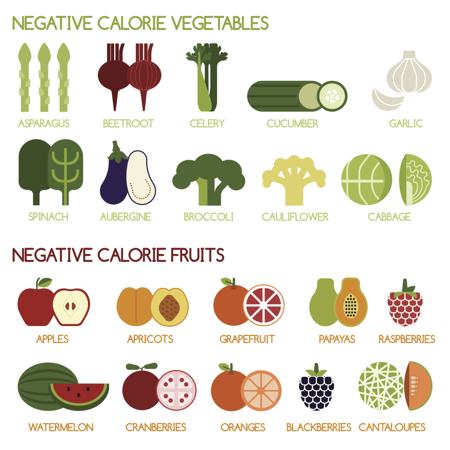How Many Calories Do Burn in a Day?
1. Basal Metabolic Rate (BMR):
- BMR is the number of calories your body needs to perform essential functions like breathing, digestion, and maintaining body temperature. It accounts for about 60-70% of your total daily calorie expenditure.
- Factors affecting BMR include age, gender, weight, height, and muscle mass. Generally, men have a higher BMR than women, and younger individuals have a higher BMR than older individuals.
2. Activity Level:
- Physical activity is a significant contributor to calorie burn. The more active you are, the more calories you burn.
- Activities can be classified into three intensity levels: light, moderate, and vigorous. Light activities include walking, gardening, and light housework. Moderate activities include brisk walking, cycling, and dancing. Vigorous activities include running, swimming, and high-intensity interval training (HIIT).
- The number of calories burned during an activity depends on its intensity, duration, and your body weight.
3. Thermic Effect of Food (TEF):
- TEF refers to the energy required by your body to digest, absorb, and metabolize food. It accounts for about 10% of your total daily calorie expenditure.
- Protein has the highest TEF, followed by carbohydrates and then fat. This means that eating protein-rich foods can slightly boost your calorie burn compared to other macronutrients.
Calculating Total Calories Burned per Day:
To estimate the total number of calories you burn in a day, you can use the following formula:
Total calories burned = BMR + (Activity calories burned + TEF)
- BMR can be calculated using various formulas. One common formula is the Harris-Benedict equation:
For men: BMR = 66.5 + (13.8 × weight in kilograms) + (5 × height in centimeters) - (6.8 × age)
For women: BMR = 655 + (9.6 × weight in kilograms) + (1.8 × height in centimeters) - (4.7 × age)
- Activity calories burned can be estimated using various methods, such as activity trackers, heart rate monitors, or smartphone apps. You can also refer to calorie-burning charts that provide estimates for different activities.
- TEF is typically estimated as 10% of your total calorie intake.
It's essential to remember that these calculations provide general estimates, and individual calorie needs may vary depending on factors such as genetics, hormones, and lifestyle habits. Consulting with a registered dietitian or healthcare professional can help you determine your specific calorie needs and create a personalized plan to meet your health and fitness goals.
-
1000-calorie Diet Menu for 7 Days
Disclaimer: This article is for informative purposes only and does not
-
Zero Calorie Foods List
When a person decides to go on a weight loss diet, the available diets
-
Low Calorie Foods for Kids
Issued and updated every 5 years by the Department of Agriculture (USD
-
500 Calories a Day Meal Plan
The 500 calorie diet, which was initially designed for patients requir
-
Low Calorie Snacks On the Go
Low calorie diet can be a great addition in ones weight loss plan. It
-
Dangers of 500 Calorie Diet
Continuous criticism about weight issues can make one take extreme mea



